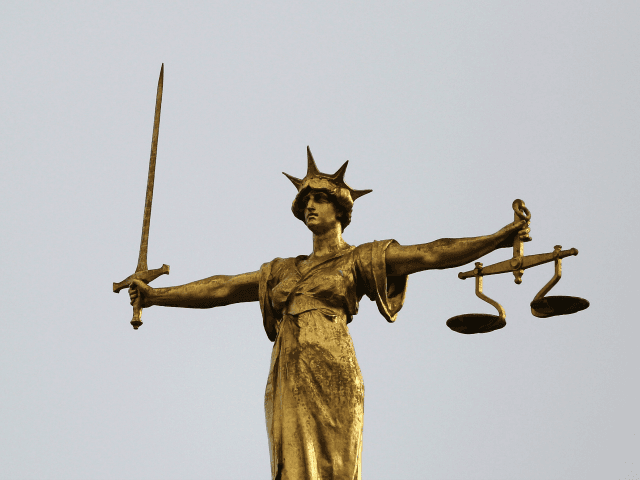The critical legal theory movement is making waves in American law schools. But what is it?
A new column by Andrew Kelman for Quillette analyzes the critical legal theory movement that has taken American law schools by storm over the past several years. But what kind of threat does it pose to the American legal tradition? And what exactly is it?
As a philosophy, critical legal theory, much like its older brother, postmodernism, obsesses over the relationship between knowledge and power. Everything that is known, critical legal theorists purport, is the product of a carefully devised scheme by those with the power to shape society.
“The fundamental premise of critical legal theory was that the Western justice system was not a neutral or unbiased body of laws and procedures,” Kelman wrote. “On the contrary, the system is a tool of power, and pre-existing legal theories and structures were little more than frauds perpetrated by white male heterosexuals to consolidate their own power.”
Consider students at Pomona College, who argued last year that “objective truth” is a social construct designed to benefit those looking to “silence oppressed peoples.”
Historically, white supremacy has venerated the idea of objectivity, and wielded a dichotomy of ‘subjectivity vs. objectivity’ as a means of silencing oppressed peoples. The idea that there is a single truth–’the Truth’–is a construct of the Euro-West that is deeply rooted in the Enlightenment, which was a movement that also described Black and Brown people as both subhuman and impervious to pain. This construction is a myth and white supremacy, imperialism, colonization, capitalism, and the United States of America are all of its progeny. The idea that the truth is an entity for which we must search, in matters that endanger our abilities to exist in open spaces, is an attempt to silence oppressed peoples.
In the context of a legal education, critical legal theory manifests itself as the belief that all laws are the product of the interests of the dominant group at the time the law was written.
Kelman contends that critical legal theorists once allowed their ideas to be challenged in an open forum. But since the 1990s, according to Kelman, proponents of critical legal theory decided to accuse their detractors of bigotry to avoid engaging in substantive debate over their ideas.
Like any set of academic theories, it was once subject to the kind of lively criticism one would expect of enlightened institutions dedicated to the pursuit of the truth. But, sometime in the 1990s, its proponents hit upon a clever way of advancing their case that would place their philosophy above criticism. When their fellow professors would point out fundamental conceptual flaws, they would simply smear them as racists, sexists and the contemporary equivalent of being alt-right. And it worked beautifully.
You can read the rest of Kelman’s column here.

COMMENTS
Please let us know if you're having issues with commenting.